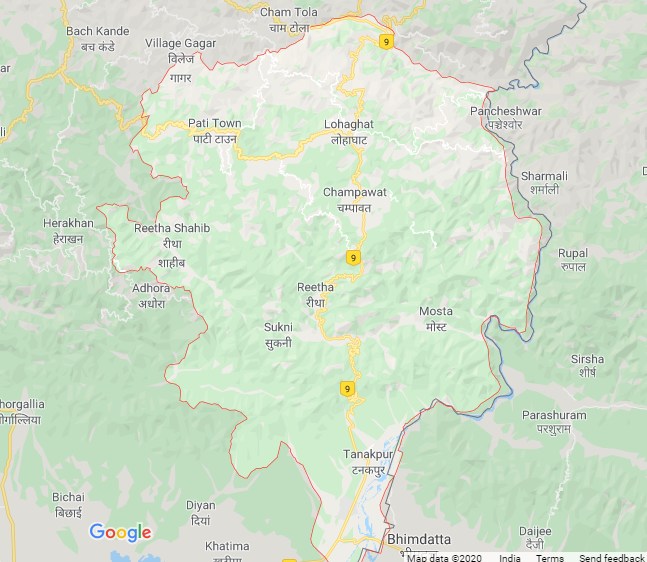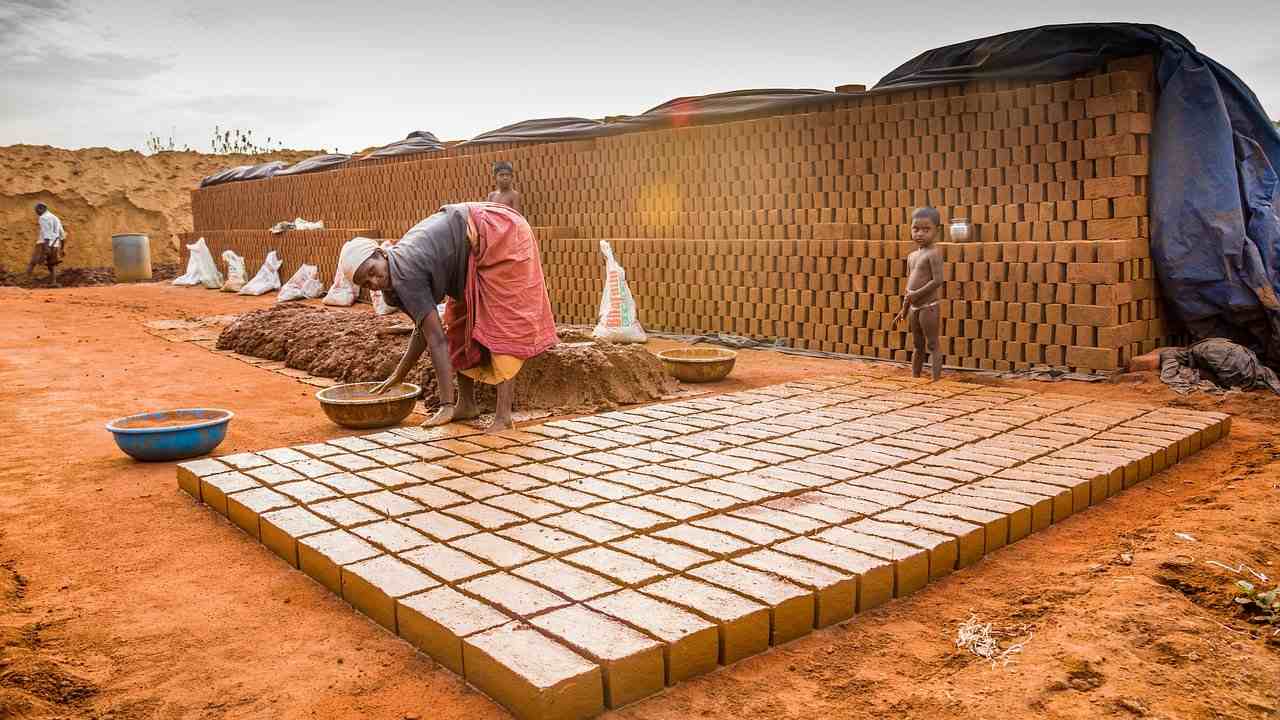The country is presently undergoing a total lockdown and this means that lakhs of migrant workers are stranded in remote corners of the country in the absence of livelihood opportunities or even an option to return back to their homes.
It was on March 25 that the Indian government announced a total lockdown for three weeks as a measure to control and contain the spread of the coronavirus pandemic(the lockdown has since been extended till May 3).
What accompanied the decision of the government was a total shut down of the public transportation system and the sealing of borders. As a result tens of millions of migrant workers were stranded in different parts of the country.Hundreds of relief camps were made to host these stranded migrant workers across state borders and they continue to face many challenges in such camps such as over-crowding, inadequate supplies of food, water and medicines and a looming uncertainty about lost livelihoods and exhausted savings.

But an interesting report is emerging from one such relief camp in the town of Tanakpur located in the Champawat district of Uttarakhand on the border of India-Nepal. This is a relief camp like 20,000 other relief camps set up across the length and breadth of the country but there is something that sets it apart from the rest.
Apart from food and shelter the poor migrant workers get something extra at the Tanakpur relief camp. In this relief camp, authorities are running a literacy program for the illiterate migrant workers and thus 200 inhabitants now have an opportunity to learn how to read and write for the very first time.
The authorities felt that the lockdown although a dark period could be utilised effectively to help illiterate migrant workers learn how to read and write effectively. This helps to keep them busy and encourages them to utilise their time efficiently. Since this town is located on the India-Nepal border, there are many inhabitants living here who had come to India for work and have been unable to return back home in the absence of transportation networks. The authorities at the relief camp initiated the literacy program with the hope that this would give the migrant workers an opportunity to learn reading and writing, a skill that would be beneficial to them even after the lockdown was over. While many inhabitants resisted enrolment into the program initially, they gradually understood how it could drastically transform them and what it could give to them eventually.
Most of those learning to read and write at the camp are migrant workers above the age of 30 and not being literate comes to them as an embarrassment as well an opportunity to connect with one another.
The relief camp has ample supplies of notebooks and pencils and the teacher-volunteers are going out of their way to help out the learners. Many of the migrant workers who are learning to read and write at the camp are school-dropouts and could not continue with their education due to financial constraints. They are happy that the lockdown has given them an opportunity to brush up their reading and writing skill anew.
In addition to the literacy program, this relief camp is also offering yoga classes and de-addiction efforts for the workers. The camp organisers have taken the effort to organise movie screenings and reading sessions. The work and efforts that the authorities are doing at this relief camp sets it drastically apart from relief camps in other corners of the nation.
The Lockdown as an Opportunity to Learn Something New
The organisers of the relief camp have indeed started a unique way of dealing with boredom and anxiety that may be engulfing the migrant workers who are living there. By using the opportunity to teach them how to read and write or by exposing them to good films and books, they are indeed showing us how with dedication and commitment even a difficult situation may be turned into an opportunity.
This is also a learning lessons for those who are managing camps like these in different corners of the country. This is indeed a good opportunity to work on literacy levels in the country and also address the anxieties and worries that may arise in the absence of quality efforts to keep the inhabitants occupied. Conducting reading and writing classes for people stranded due to the coronavirus is a novel idea. While most shelters in India don’t even basic sanitation facilities, literacy programs within a shelter are a truly commendable effort.
The organisers are also planning to conduct a short examination at the end of the lockdown to help the migrants evaluate their own progress with reading and writing. Those who pass would be awarded a certificate as sign of appreciation and those who don’t will be encouraged to continue making endeavours.
This story from a remote relief camp on the borders of India-Nepal reminds us of the wonderful capacities that human beings have and their ability to transform even a difficult time such as the lockdown as a chance for inner growth and progress. These teachers and facilitators at the relief camp may never meet the migrant workers after the lockdown is over but their novel effort will leave an ever-lasting positive impact on their lives.














